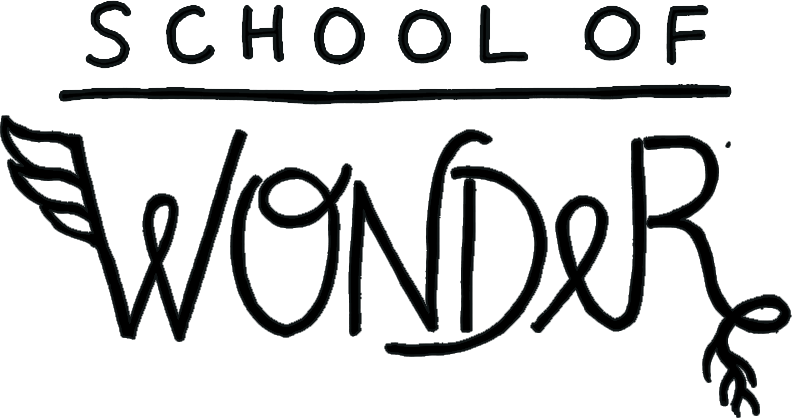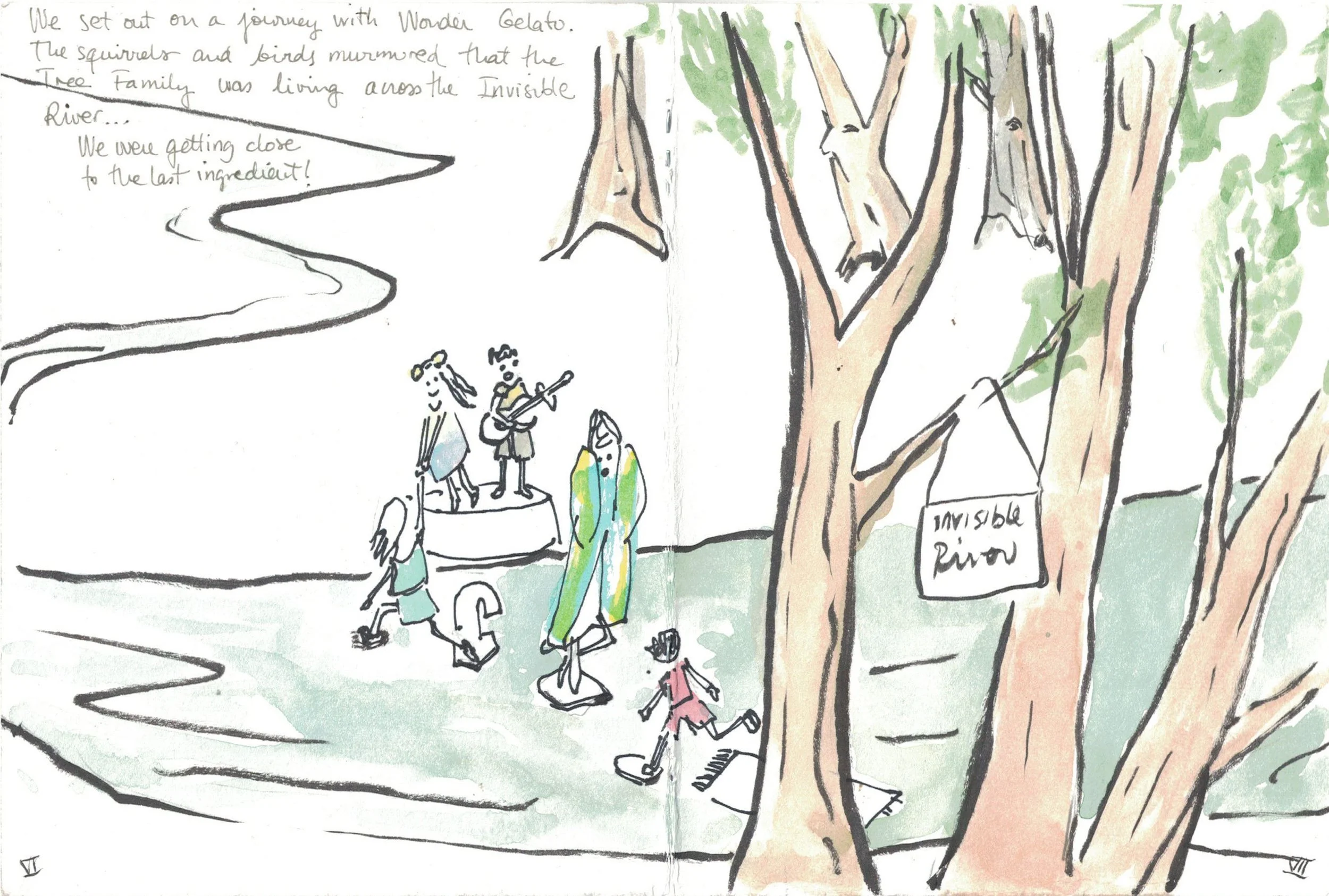The Wonder Method
WHAT LIES behind the Wonder?
If you ever wondered what inspires and shapes our Wonder Adventures, there is a whole educational philosophy in action behind the scenes. For more than a decade, we’ve been researching and testing how to teach children essential skills for lifelong growth and well-being using imaginative play and experiential learning. Hence, our name: The School of Wonder. Our school of thought is inspired by various innovative pedagogies, and developed in-house as we put it into practice.
Our vision is bold
We are preparing the children of today to lead the regeneration of the planet and the reconnection of humanity by growing up as free, compassionate, creative, and committed citizens of the world.
This is not a marketing one liner.
Rather, it’s the closest we’ve come to describing, in short, the ultimate intentions and compass driving this visionary project. This project started with the one who writes this post, Marta Pascual, founder of School of Wonder. During a decade of research, I worked as a specialist in academic success and visited and thoroughly analyzed some of the worst and best schools in the United States, Spain and UK. Now, alongside me I have a team of Wonder Magicians: artists, educators, parents, neuroscientists, psychologists and other brilliant minds who have all contributed their magic and science to this project, and many times in an altruistic way. Together we have created adventures and observed the skills practiced in their own way.
Our adventure-based learning approach combines real with imaginary journeys. Here, on our way to Don Masto’s Castle, the Wonder Kids have to figure out how to cross the Invisible River. The floating scarf that we had found at the beginning of the adventure seems a great tool for this challenge!
But, what skills are we talking about?
Back in 2006, these skills didn’t have a specific label yet. What was striking was that we consistently found a direct relationship between academic performance and a series of non-academic skills and mindsets that some kids and schools were practicing. At the beginning, we called them “non-cognitive skills,” while we were discovering their “mystery” and trying to track and measure them. More recently, these skills have become known as “social-emotional learning skills” (SEL skills) and they have become part of every school curriculum in the US and Europe. And of course, nothing is truly new: these skills, mindsets and behaviors have always played a key role in human progress since the beginning of our common history.
However, for obvious reasons, they are difficult to grasp, define, or measure, and even more complex to teach in an authentic way. The complexity starts with the fact that we can’t teach these skills theoretically or directly. One can only learn these skills by themselves, through a series of profound moments and realizations that happen in each person’s internal psyche as they live authentic experiences and reflect upon them. And, like entangled quantum particles (so I like to think), these skills also change or disappear as soon as one tries to catch them with typical measurement systems.
Our reason of existence
School of Wonder was born out of a deep desire and urge to bring a new and authentic way of fostering these skills in our children. As a result, since 2017, we have been developing our unique pedagogy that we call “Adventure-Based Learning.”
In this blog, we want to start a conversation about what these essential skills are, and how children can practice and develop them in an authentic way through adventure games and interactive books.
Wonderly,
Marta



